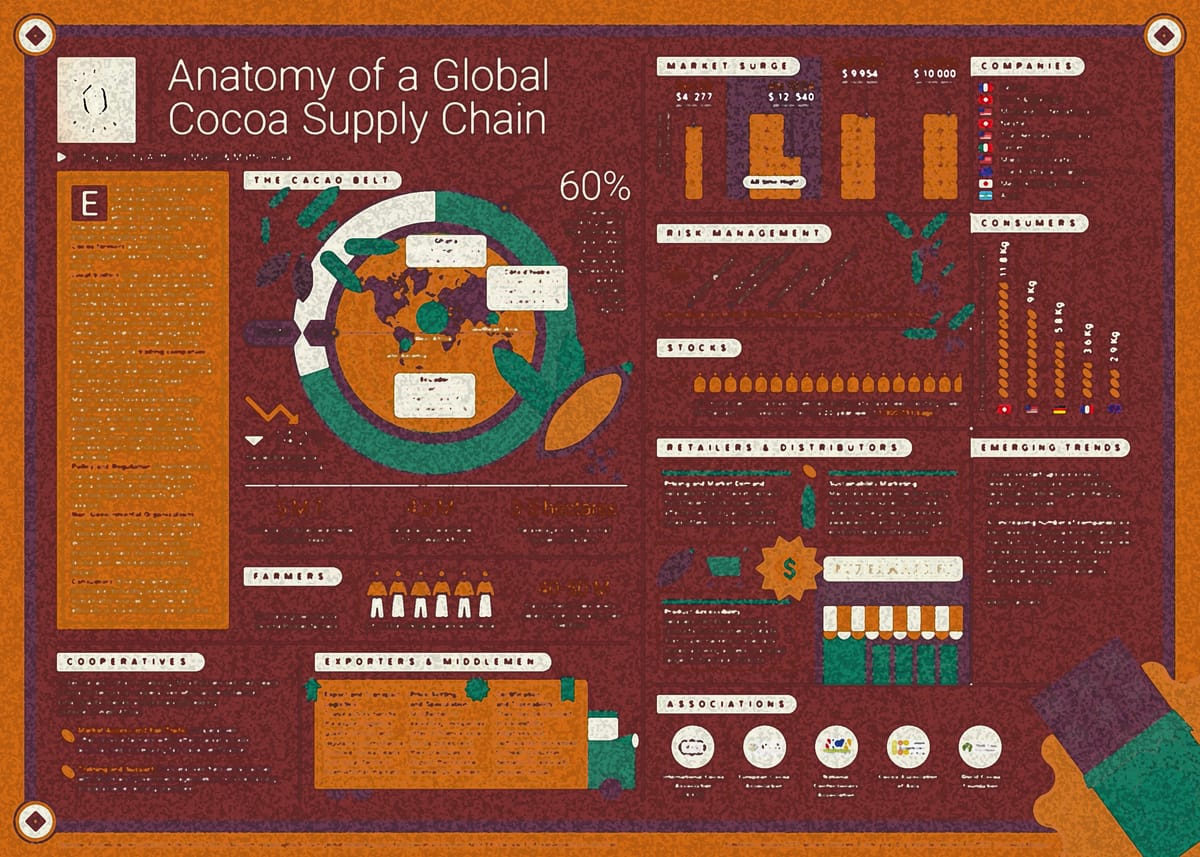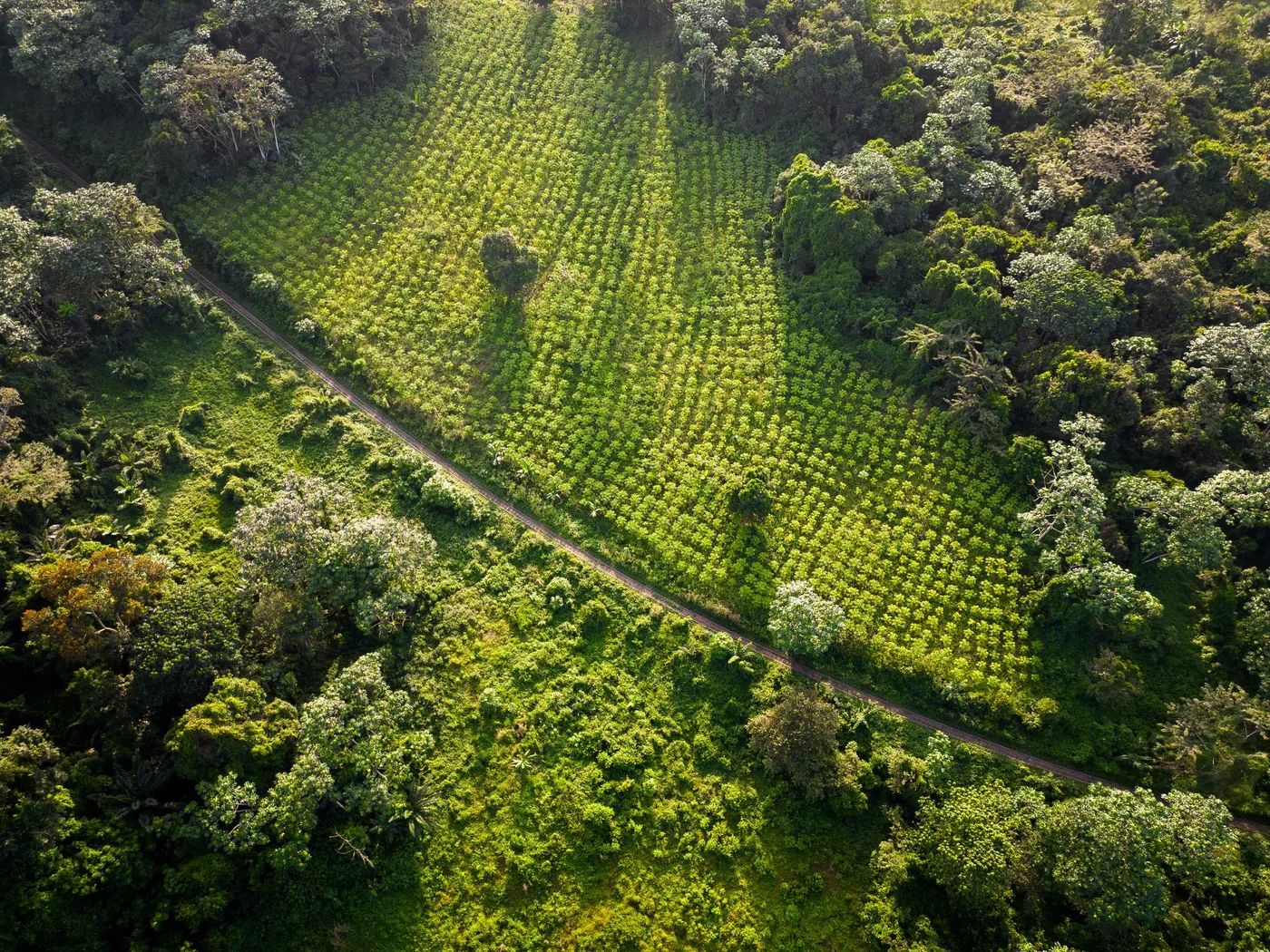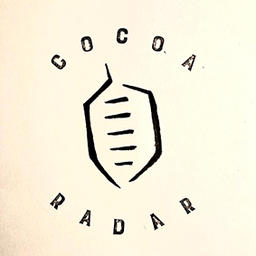The World Cocoa Foundation (WCF), in collaboration with the Alliance of Bioversity International and CIAT, has released a study that reveals the accuracy of key maps cocoa companies rely on for environmental compliance, including the pending European Deforestation Regulation (EUDR).
Described as the ‘first ever assessment’ of the quality of the maps most commonly used to assess deforestation, tree planting (reforestation/agroforestry) and greenhouse gas (GHG) emissions and removal monitoring, the sudy draws on criteria that WCF and CIAT – one of 15 CGIAR research centres – developed with key stakeholder groups including governments and WCF members.
Focus on Ghana and Cote d'Ivoire
Focusing on Ghana and Cote d'Ivoire, it assesses how well the maps capture real-world land cover, for example, whether cocoa plantations are accurately distinguished from natural forests; whether they provide adequate geographical coverage within cocoa growing regions; and how well the methods for developing the maps and underlying data are documented and made publicly accessible.
It also assesses the inclusion of smallholder farmers, who are often excluded from compliance system development but are essential for developing accurate and equitable monitoring systems.
The study is designed to support cocoa companies who rely on these sources to meet regulatory compliance and improve their sustainability impact.
Environmental reporting
Credible and compliant environmental reporting is crucial for companies to meet EU regulations and fulfill their net-zero commitments. This has led to an increased demand for best practice remote sensing methods, whose high-accuracy analyses depend on high-quality map data.
Without an independent assessment of the quality of these data sources, companies may be using inaccurate data, which could lead to unfair fines due to false claims, non-compliance failures, and potential exclusion from the EU market for producers and farmers.

"Inaccurate data leads to inaccurate reporting, posing significant risk to companies, governments and farmers”, said Michael Matarasso, WCF Impact Director and Head of North America. “This work ensures that all key players in the cocoa sector—whether public or private—can make informed decisions based on the accuracy and verifiability of the data they are using, with the end goal of delivering a deforestation and greenhouse gas-free supply chain."
Open-access global maps
The assessment revealed that open-access global maps, although essential, are not sufficiently accurate for the cocoa analyses required in these countries. "This assessment highlights the importance of combining several of the most accurate maps when using open access global maps. If commercial maps are preferred, users should first insist that independent, third-party assessments on accuracy are conducted," said Louis Reymondin, Senior Scientist at the Alliance of Bioversity and CIAT.
The study also found that maps produced by the governments of Ghana and Cote d'Ivoire are often more accurate than open-access global maps.
Matarasso added: "This underscores the need for collaboration and investment in national maps and the development of standardised, science-based national forest monitoring systems across all cocoa-producing countries".
Dr Serge Kotchi, Director of the Agriculture, Geographic Information and Digital Technology Division at the Bureau National d’Études Techniques et de Developpment (BNETD) in Cote d’Ivoire, said: "By improving common knowledge around data quality, the global cocoa sector can work towards high accuracy. Establishing these data standards will ensure that our national monitoring systems are aligned with global best practices and we are all speaking the same language."
Criteria and supporting information
The criteria and quality assessment complement its portfolio of methods, tools and guidance, including the deforestation risk assessment methodology and GHG accounting methodology. These tools will also support producing-country governments as they develop national traceability and monitoring systems.
- The criteria, quality assessment and supporting information can be found here.
cocoaradar.com is:
- Official Media Partner - World Cocoa Foundation Partnership Meeting in São Paulo, Brazil, 19-20 March 2025.
- 'From Our Desk. To Yours. Daily.'
- Sign-up here for free and upgrade to an annual plan with a 35% discount


